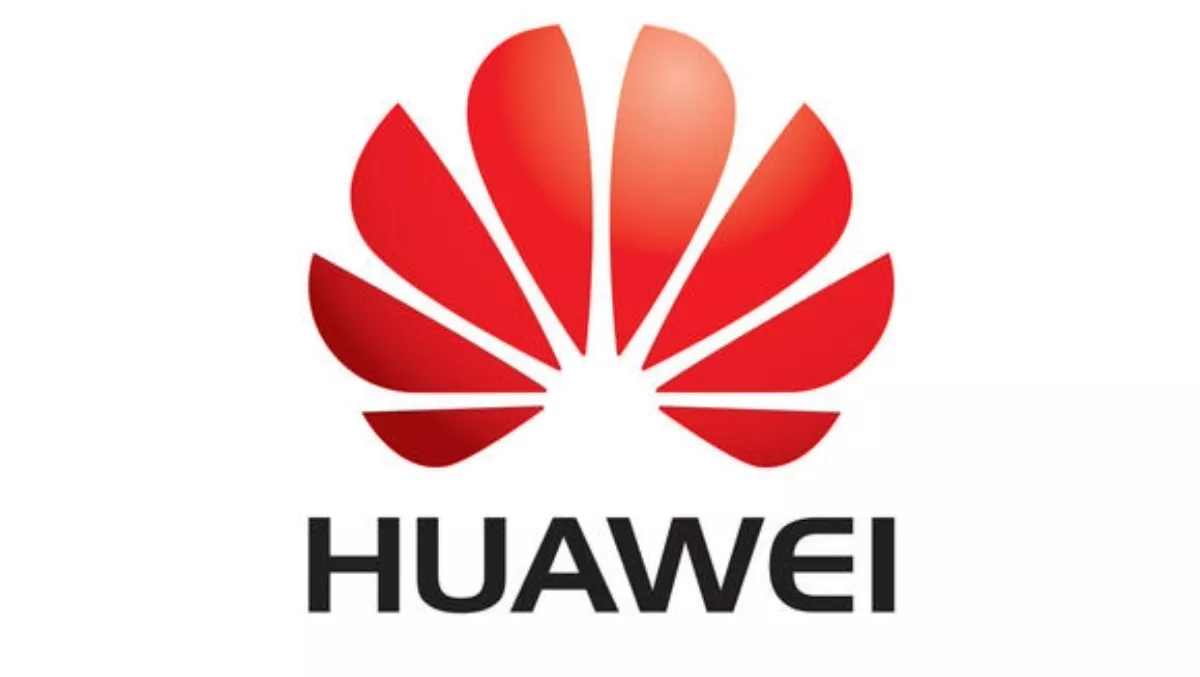
Huawei seeks to allay security concerns with NZ politicians
Huawei Technologies founder and chief executive Ren Zhengfei has assured Communications Minister Amy Adams that the world's second-biggest maker of networking gear poses no threat to cyber-security.
Speaking in his first public media briefing through a translator, Ren told reporters in Wellington that he told Adams in a meeting this week that "there should not be too much concern" over internet security.
Huawei was accused of being a risk to US security in a Congress intelligence committee report last year, and has since stopped supplying equipment to American carriers.
"Our business is just like building pipes," Ren said "Our pipe carries the data and information traffic - if the water running through the pipe is polluted, I think it is not the pipe that should be blamed."
"We are no longer selling our telecom equipment to telecom carriers in the US," he said. "If for example the United States continues to say 'we still have this security problem', that may prove in hindsight that the decision may not be very fact based."
Huawei has become a major player in New Zealand's telecommunications sector, recently winning the tender to build Telecom Corp's 4G mobile network and beating out the local carrier's past architect, Alcatel Lucent.
The Chinese company is also a major supplier to Vodafone New Zealand and Two Degrees Mobile, as well as providing technology for the government's ultrafast broadband network.
Huawei plans to set up a "joint innovation centre" with Telecom where experts from the local firm will look at the specific needs of New Zealand's market while the Chinese company's specialists will investigate what kind of technologies can satisfy those needs, Ren said.
Ren said he had also met with Labour Party leader David Shearer, and had told both him and Adams that creating a leading technology infrastructure would help New Zealand take advantage of its natural resources to lift economic activity.
"Given that New Zealand wants to take a lead versus other markets in the world by introducing new technologies, then definitely we support that aspiration," Ren said.
That meeting didn't stop Labour MP Phil Goff, Shearer's predecessor as leader, from criticising the government yesterday for letting Huawei set up a network in New Zealand.
Speaking yesterday in Parliament at the first reading of legislation relating to the country's intelligence agencies, Goff said "maybe the government should be asking itself some questions about why, unlike Australia and the United States, it has accepted Huawei into New Zealand, when that in itself is regarded by two of the countries we work closely with as being a security risk."
The regulatory impact statement for the Government Communications Security Bureau Act Review, prepared by the Department of Prime Minister and Cabinet, singled out cyber-security risks as one of the most dynamic parts in the intelligence sector.
The report put the cost of cyber-crime to New Zealanders at $625 million over the past 12 months.
Huawei's Ren said New Zealand should be looking to the Nordic nations and Singapore as an international benchmark as to how it rates, though it is "among the first wave of countries in establishing telecommunications infrastructure."
Because of New Zealand's uneven population distribution, Ren said in his opinion "the most advanced technologies should be deployed starting from higher value areas and regions, so that it can reduce the capital expenses and also the operating expenses."
The pending government auction of 700 megahertz radio spectrum which is coming from after the television digital switchover will be "very cost efficient for rural coverage" as the roll-out of technology expands, he said.
By Paul McBeth - BusinessDesk

